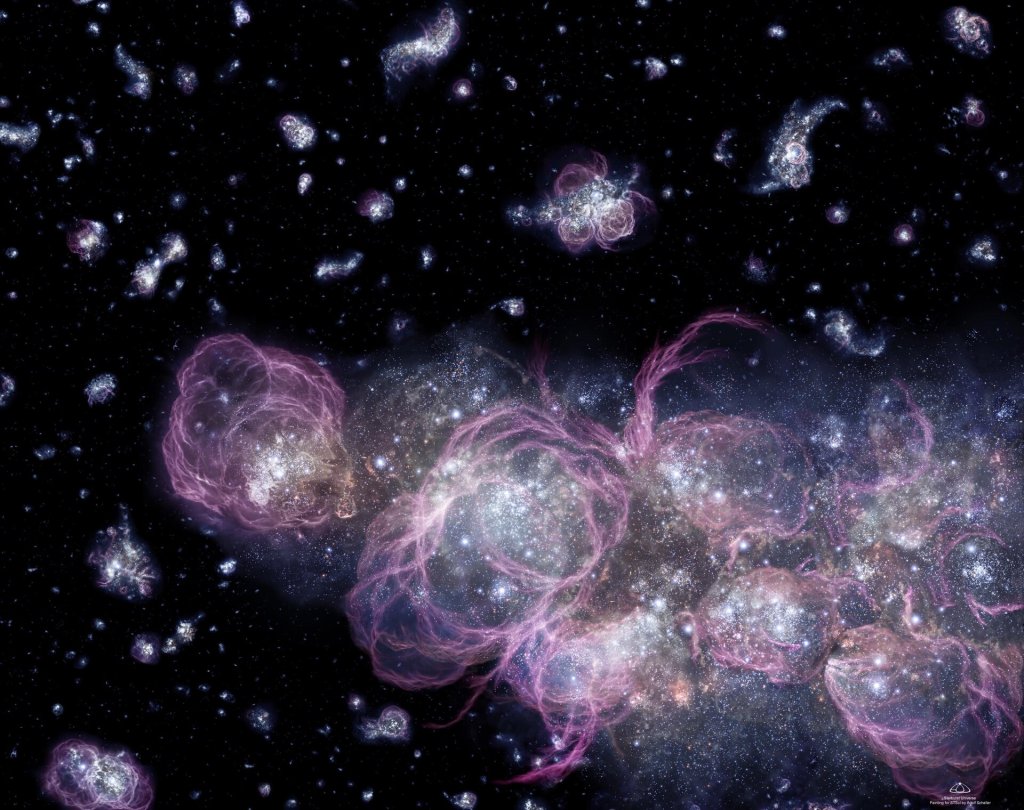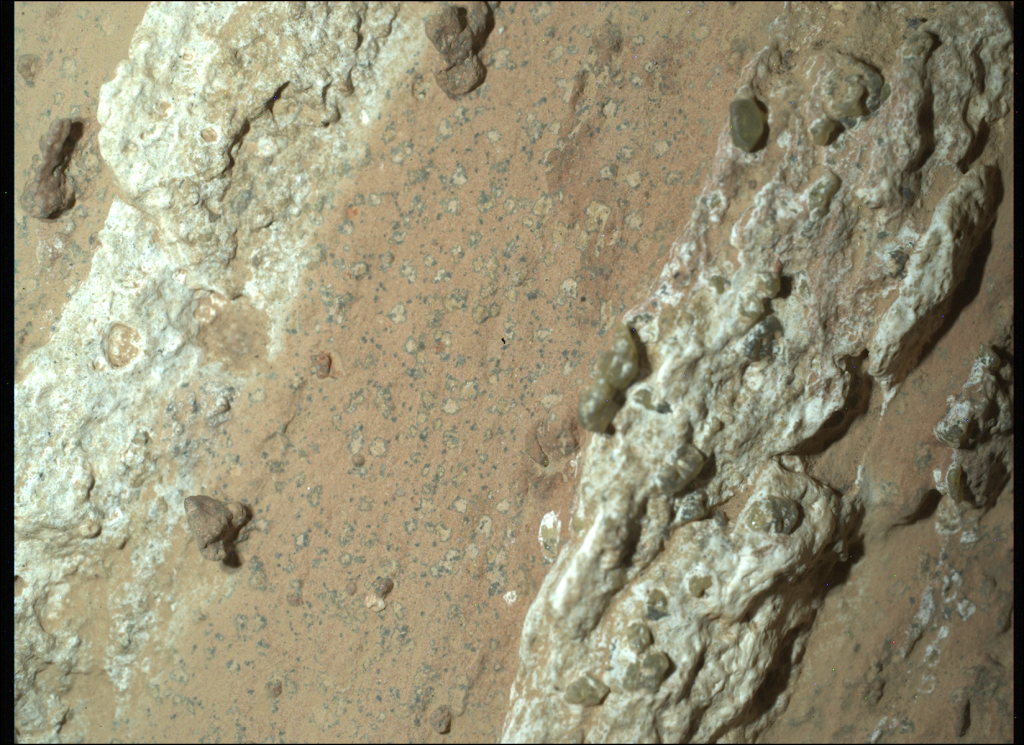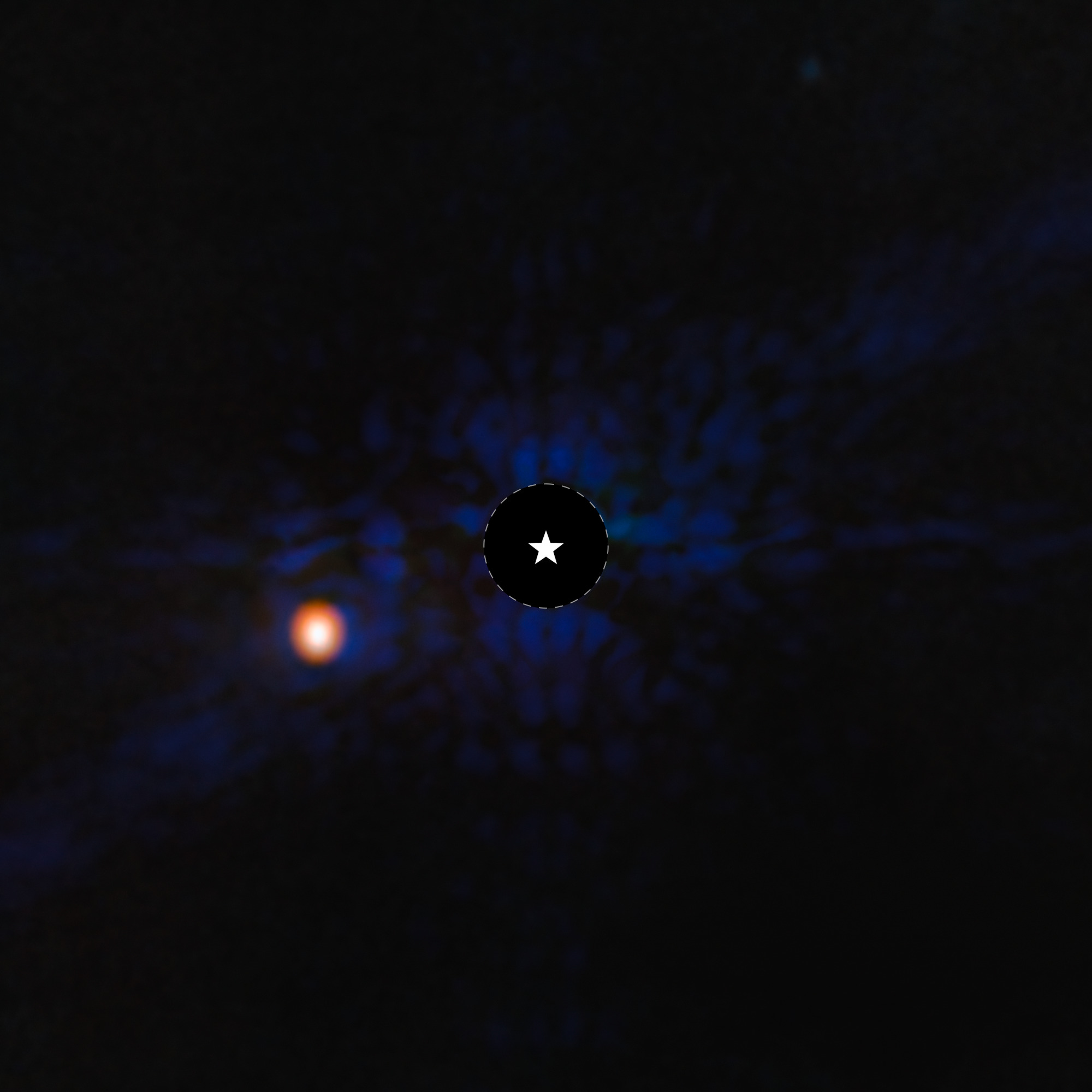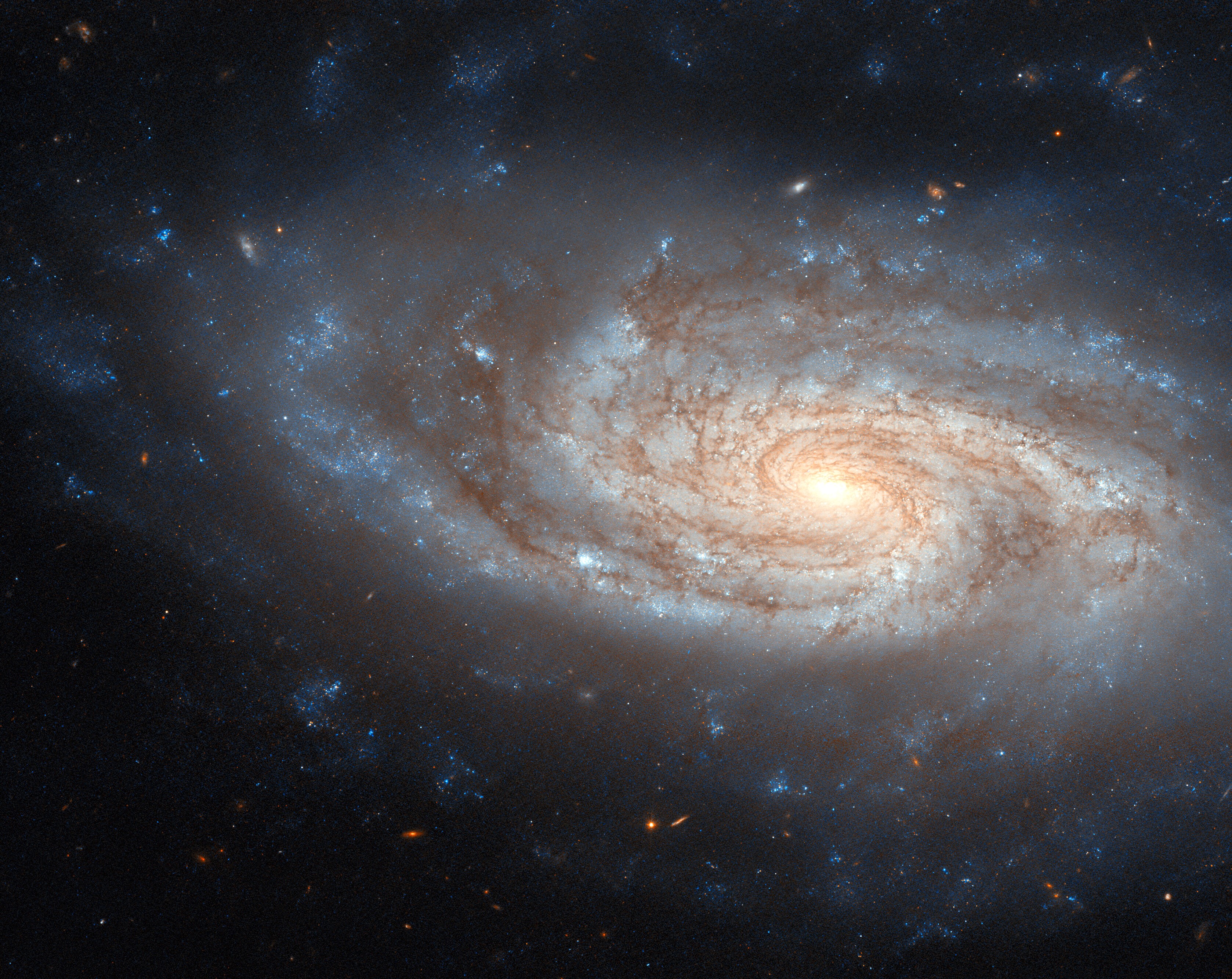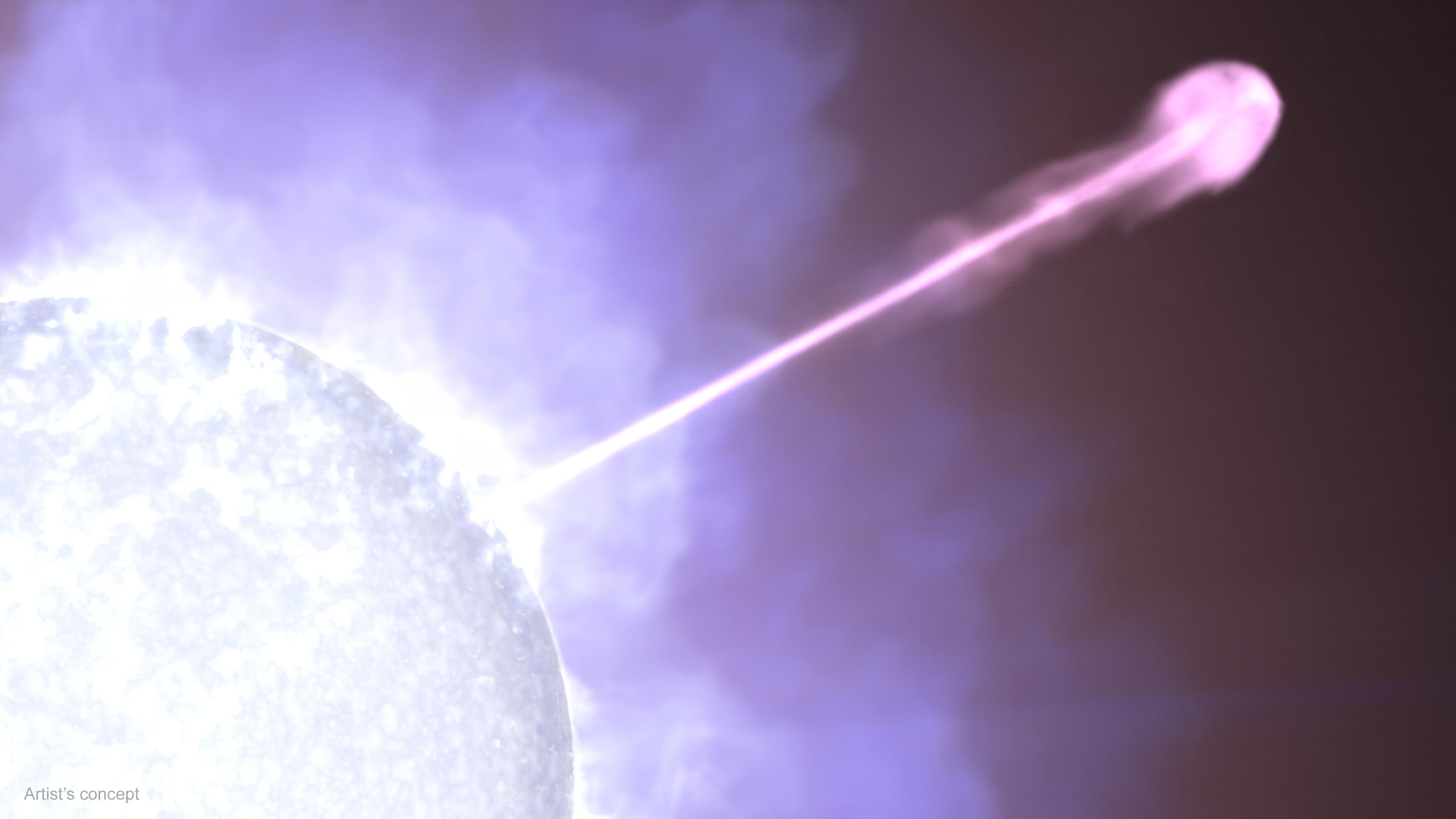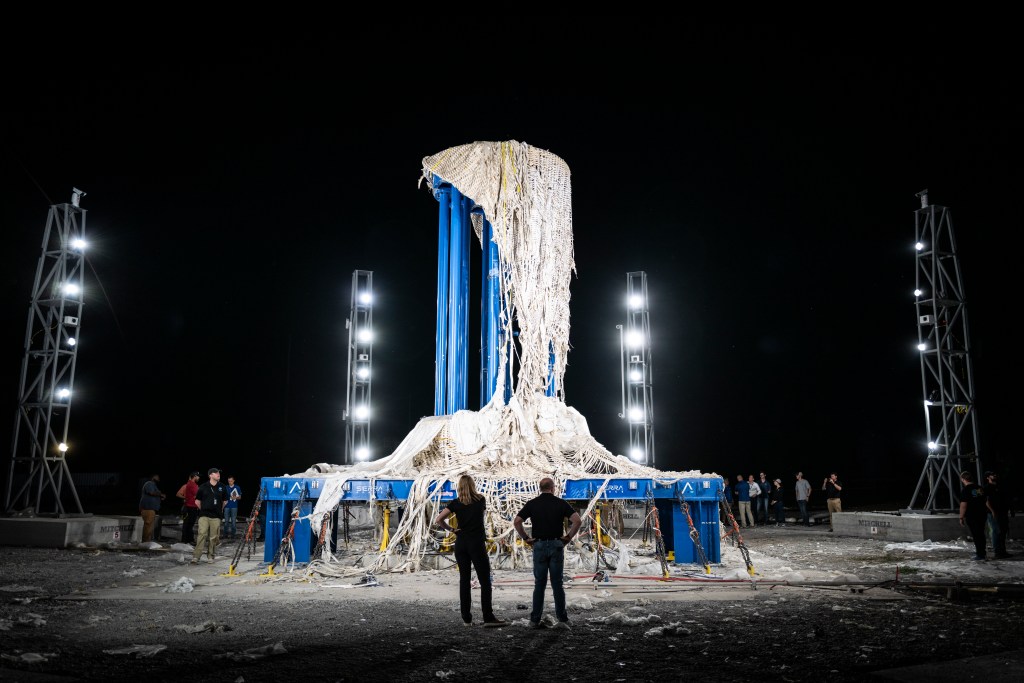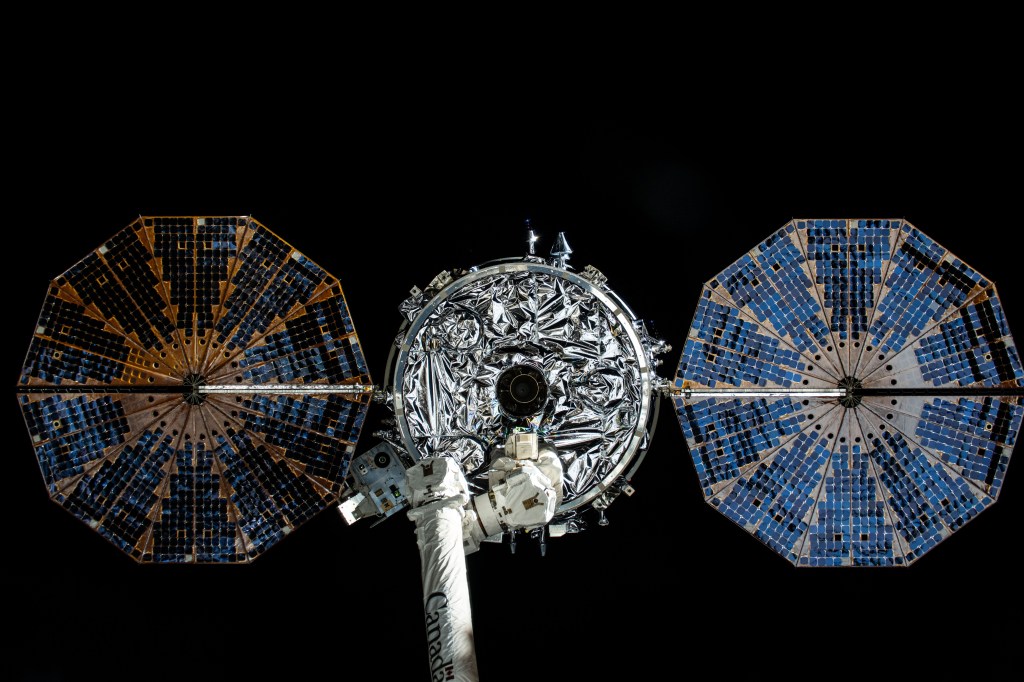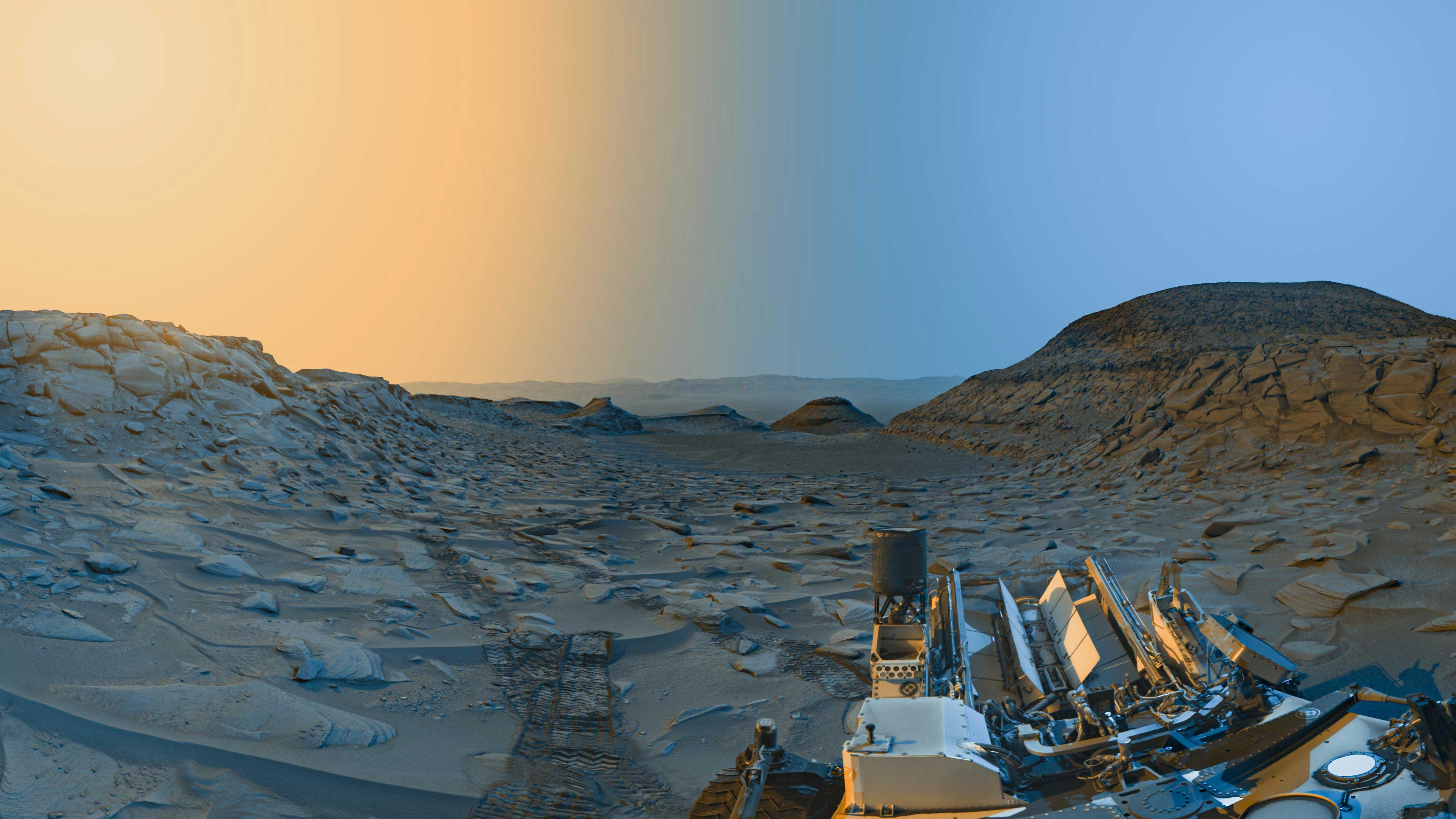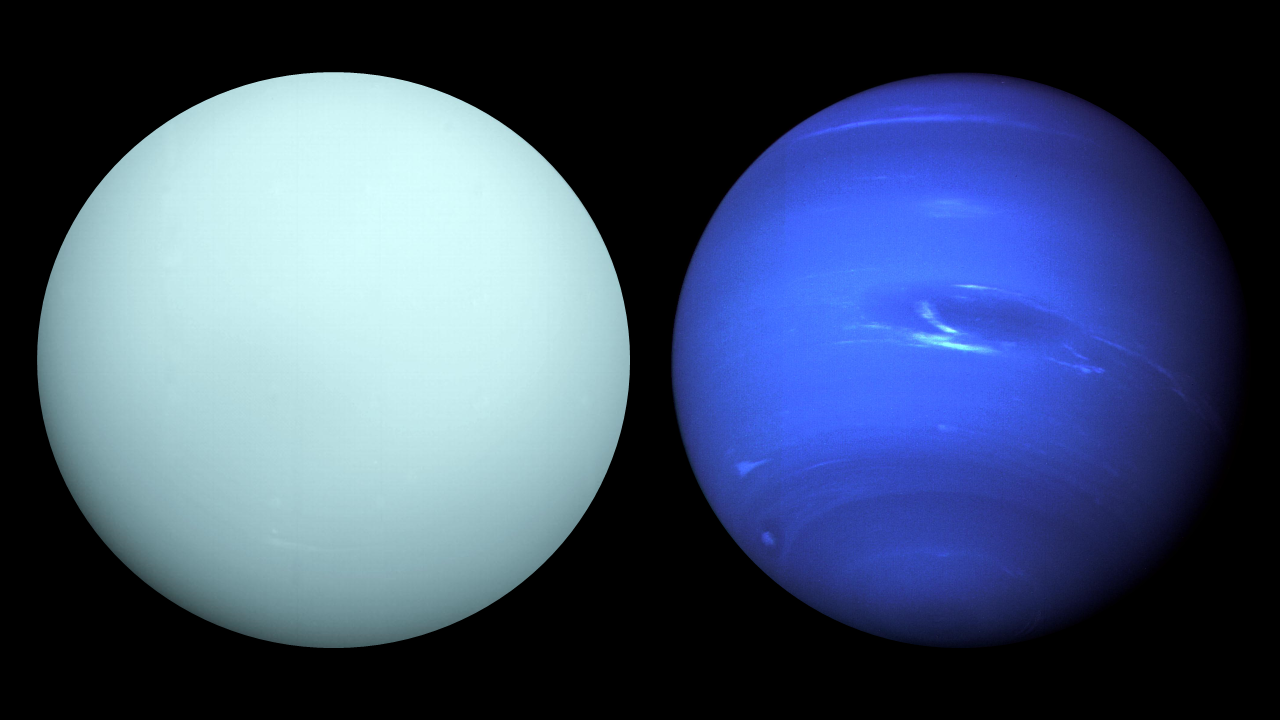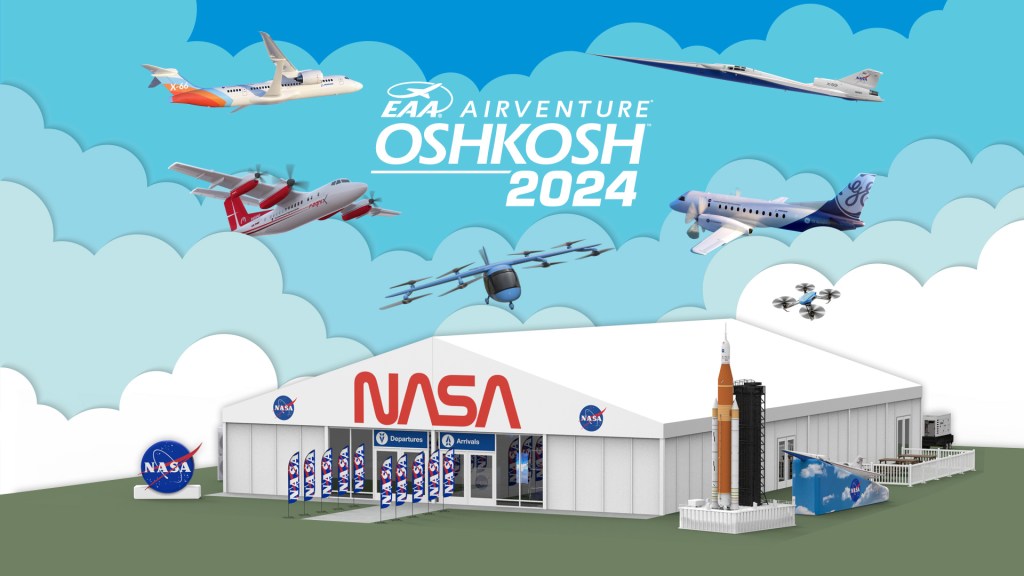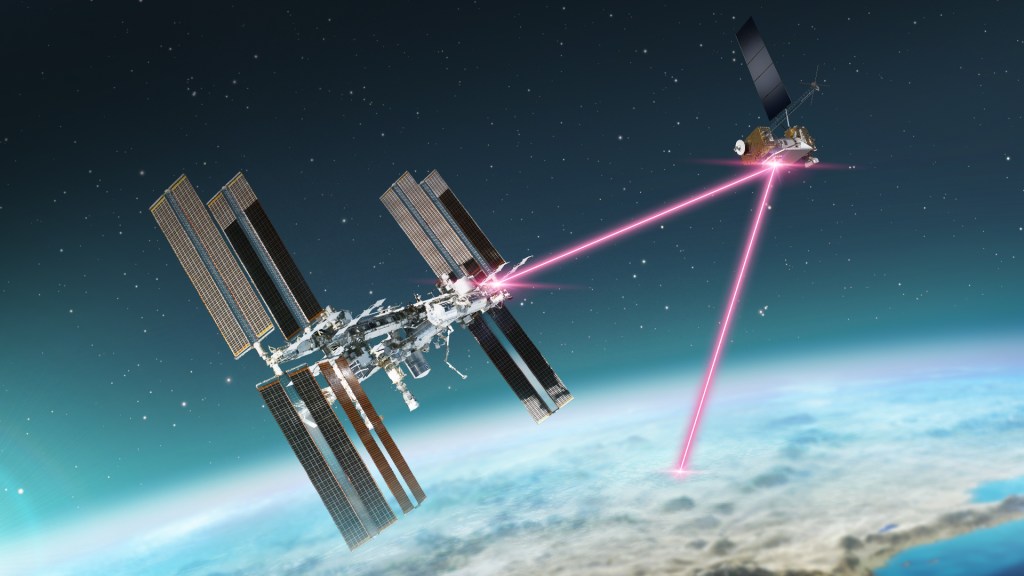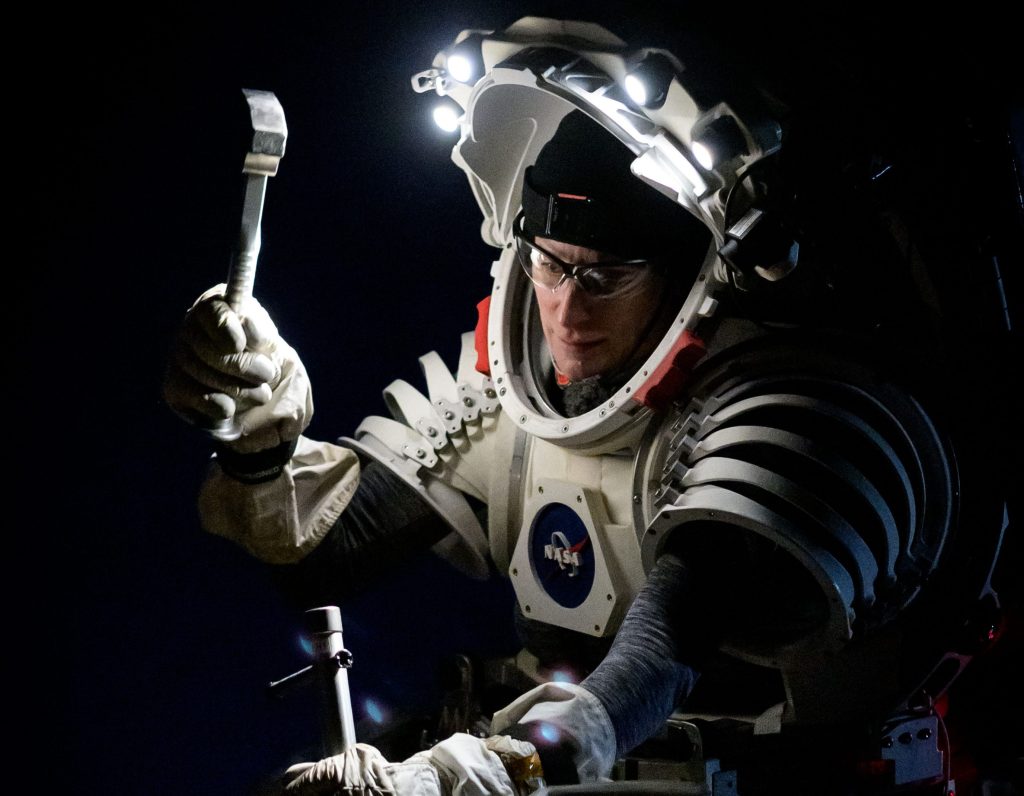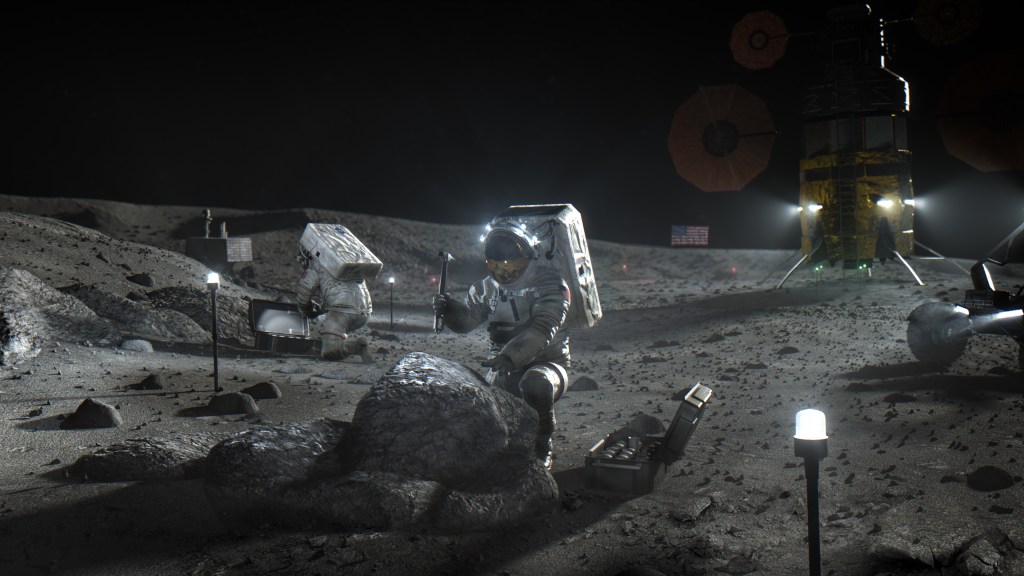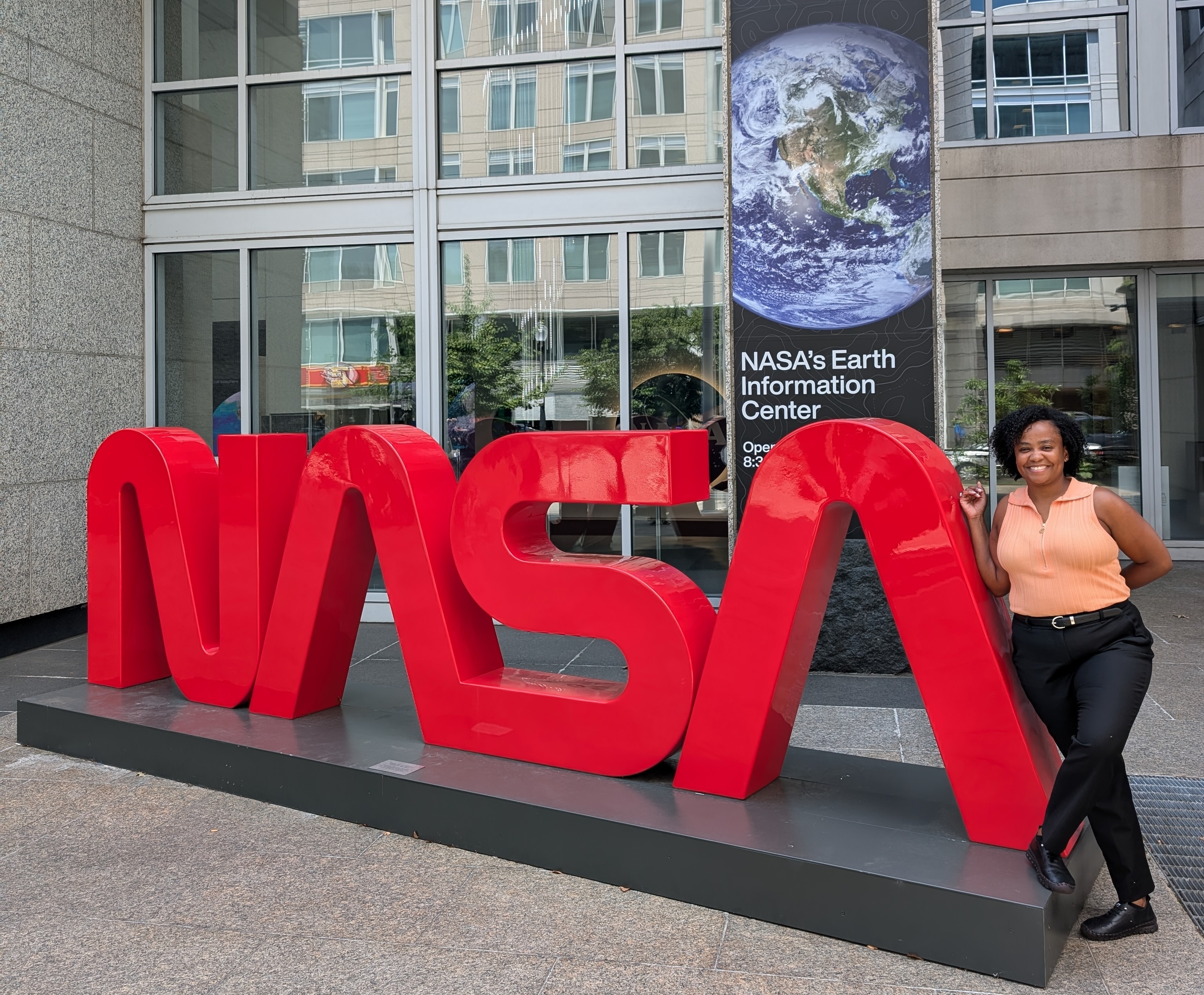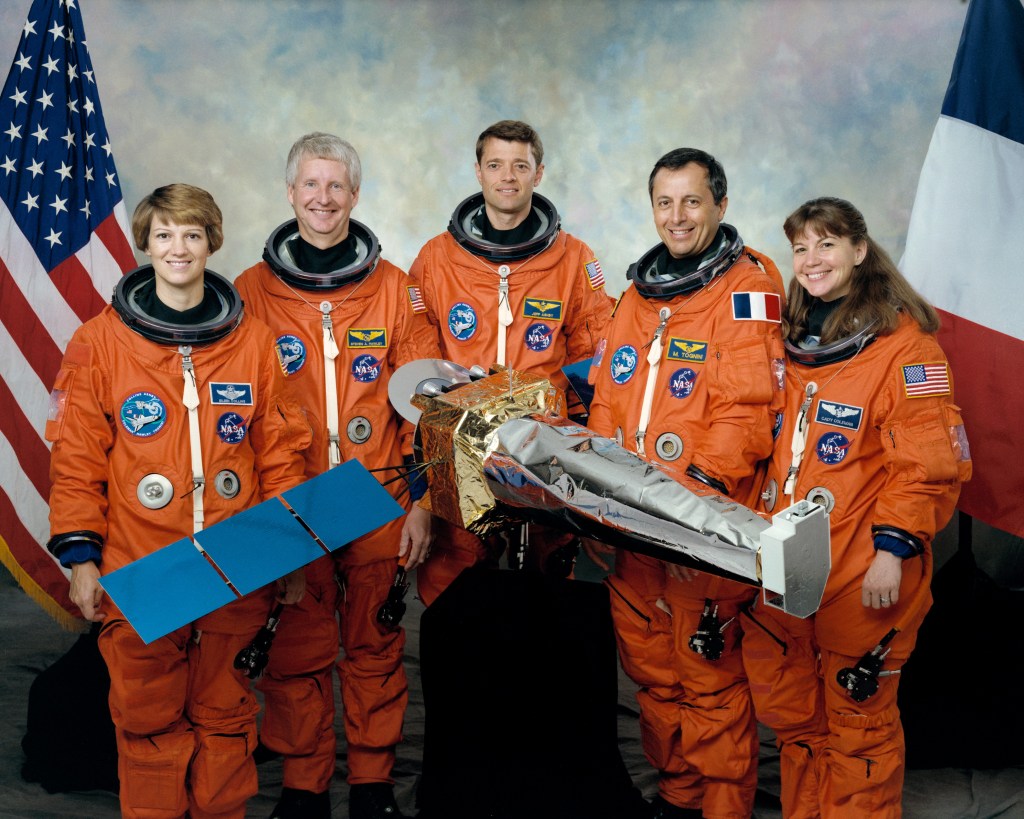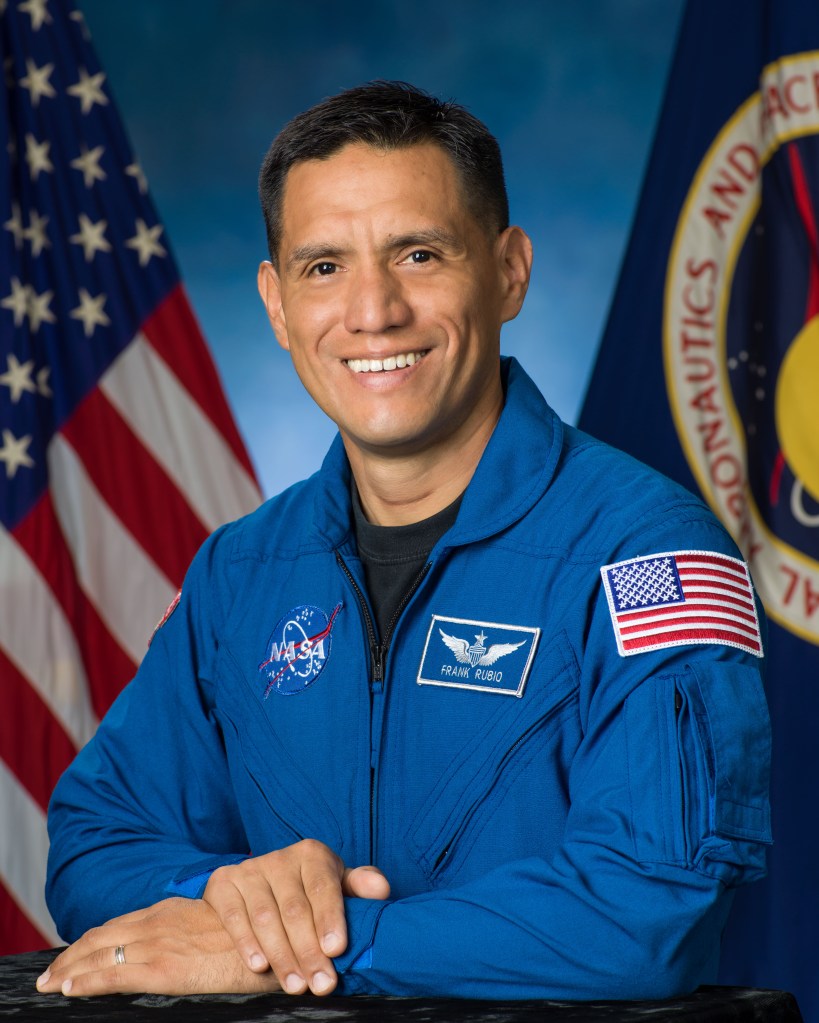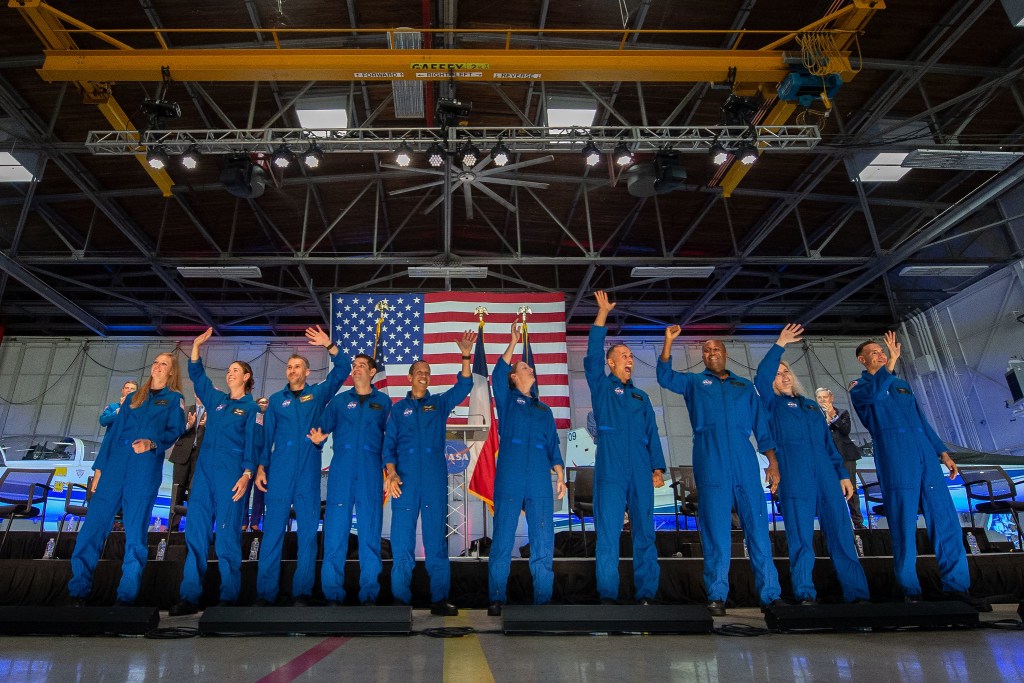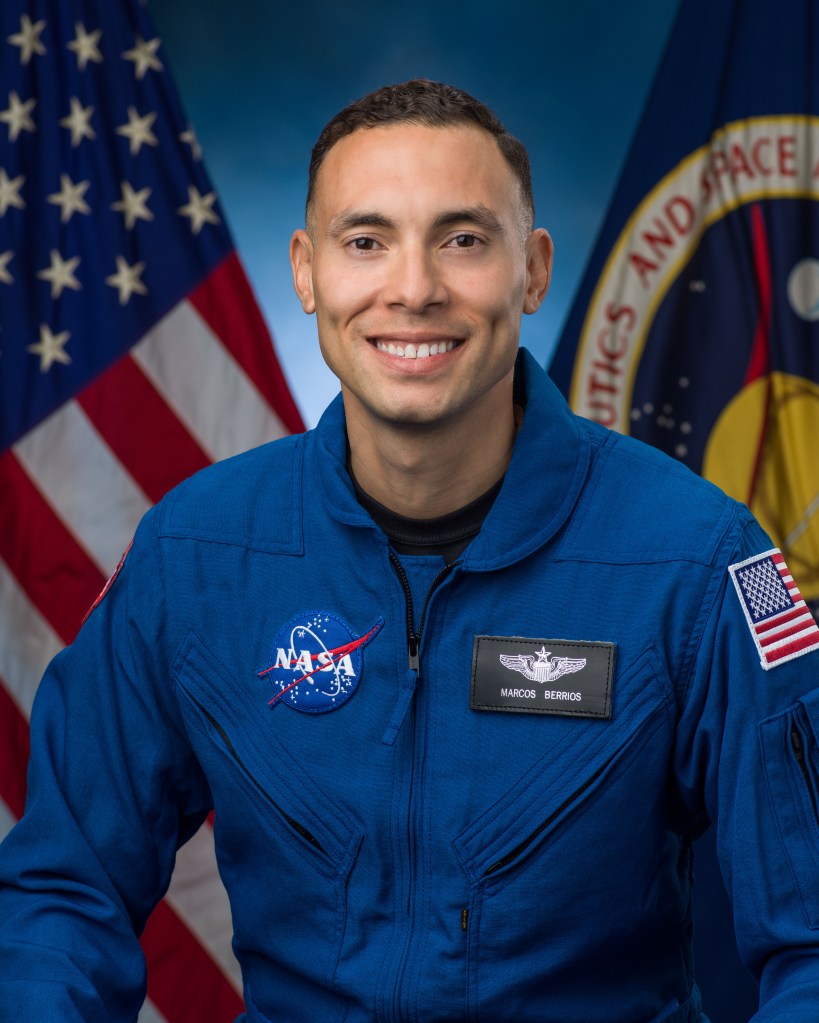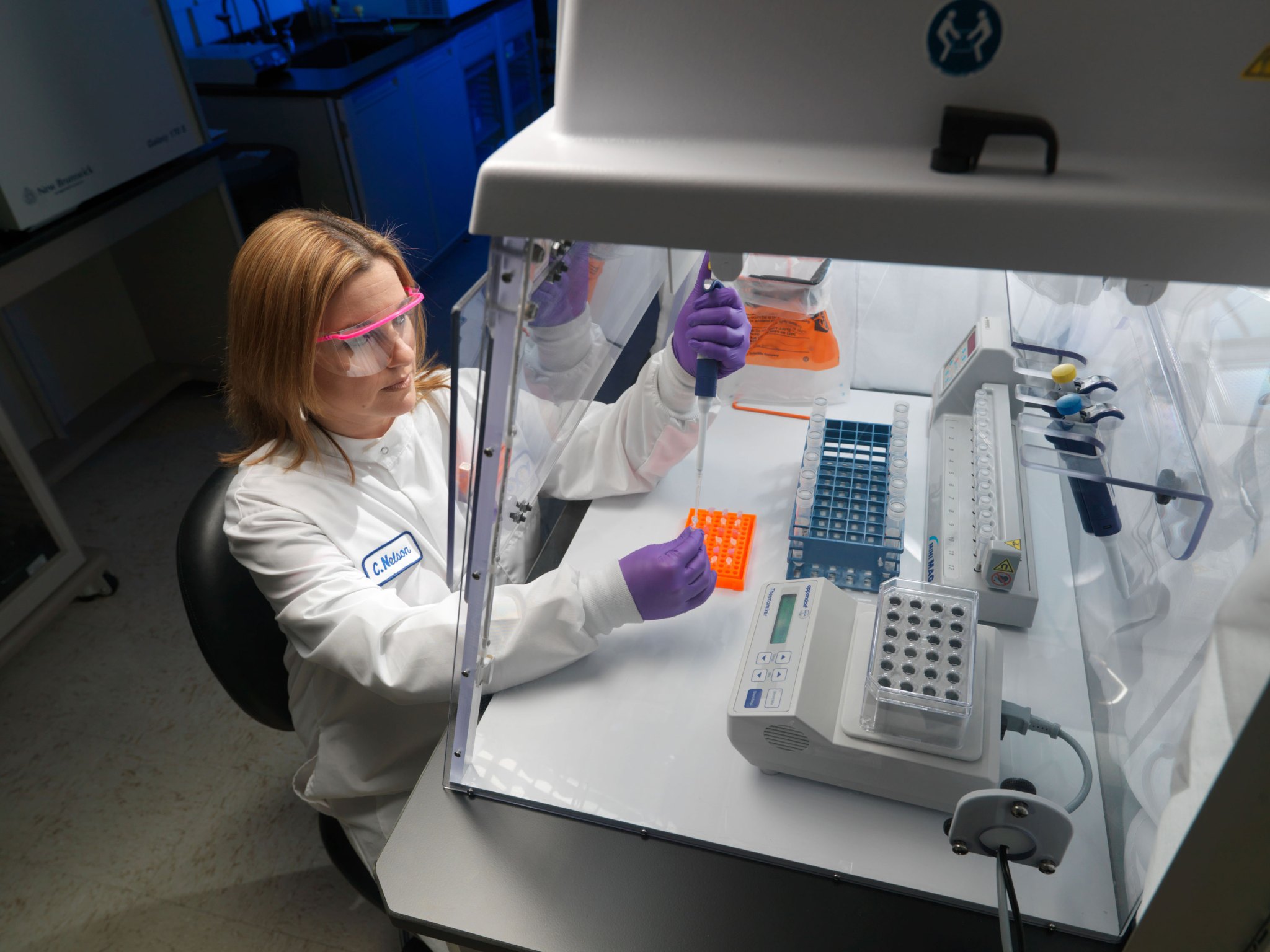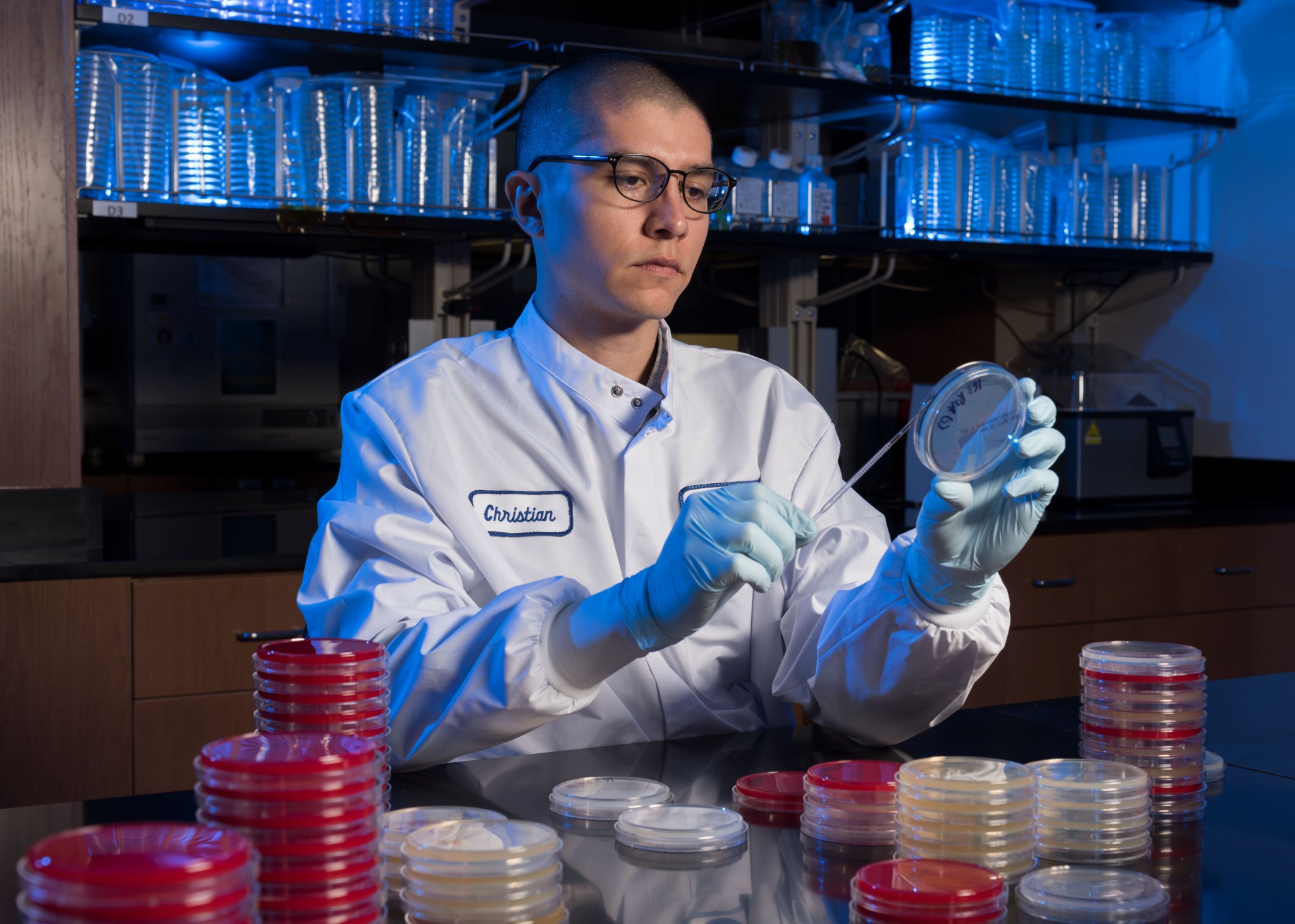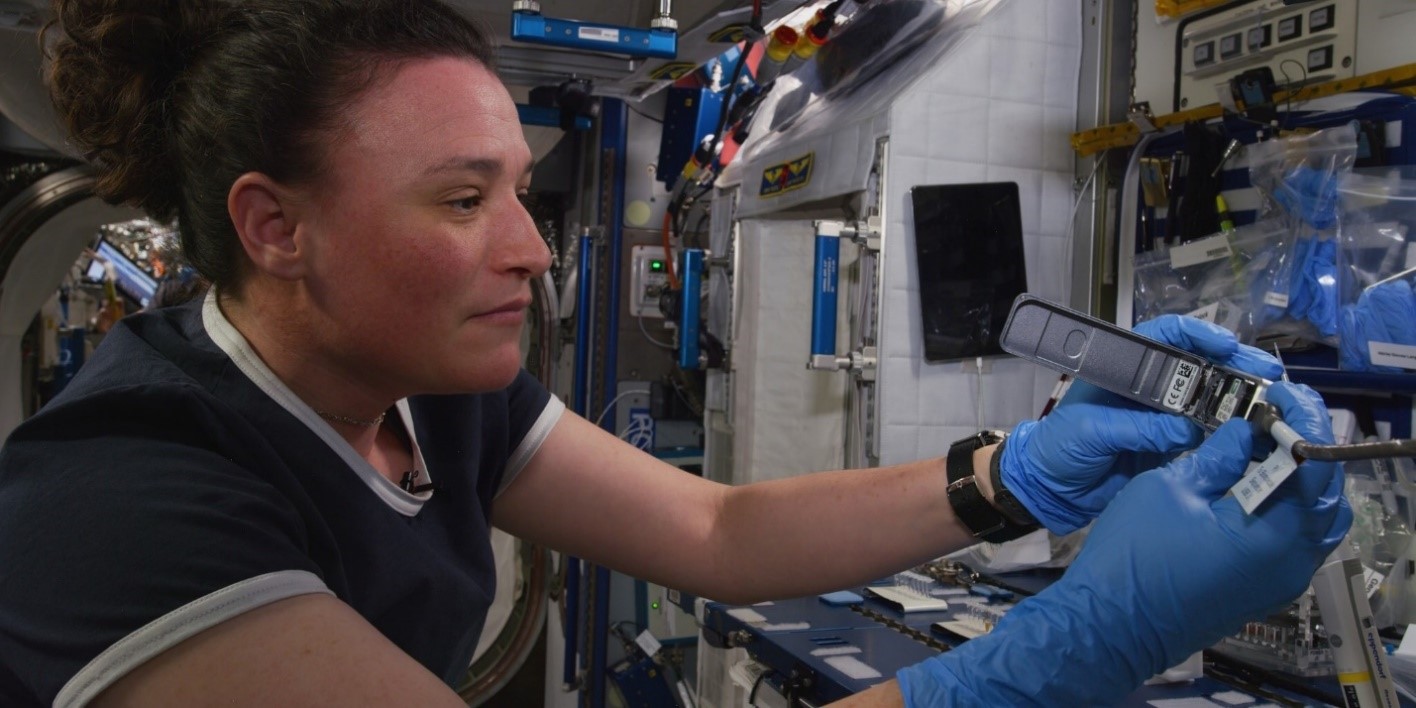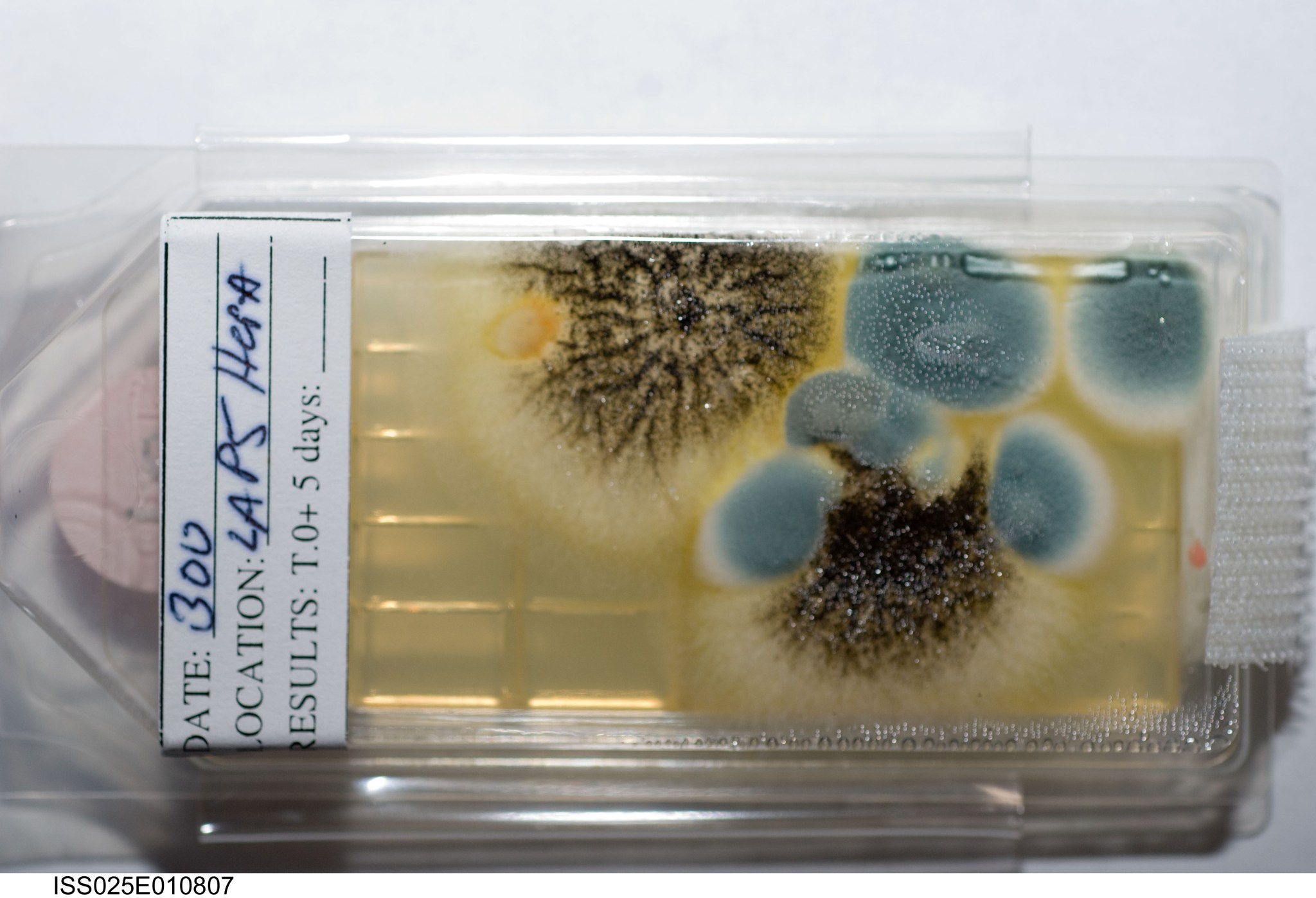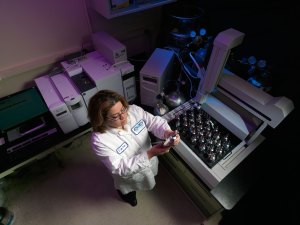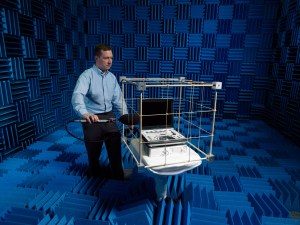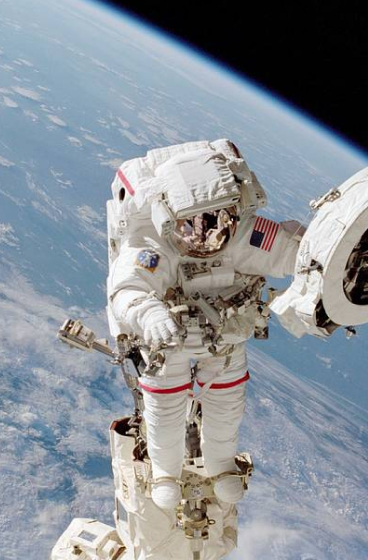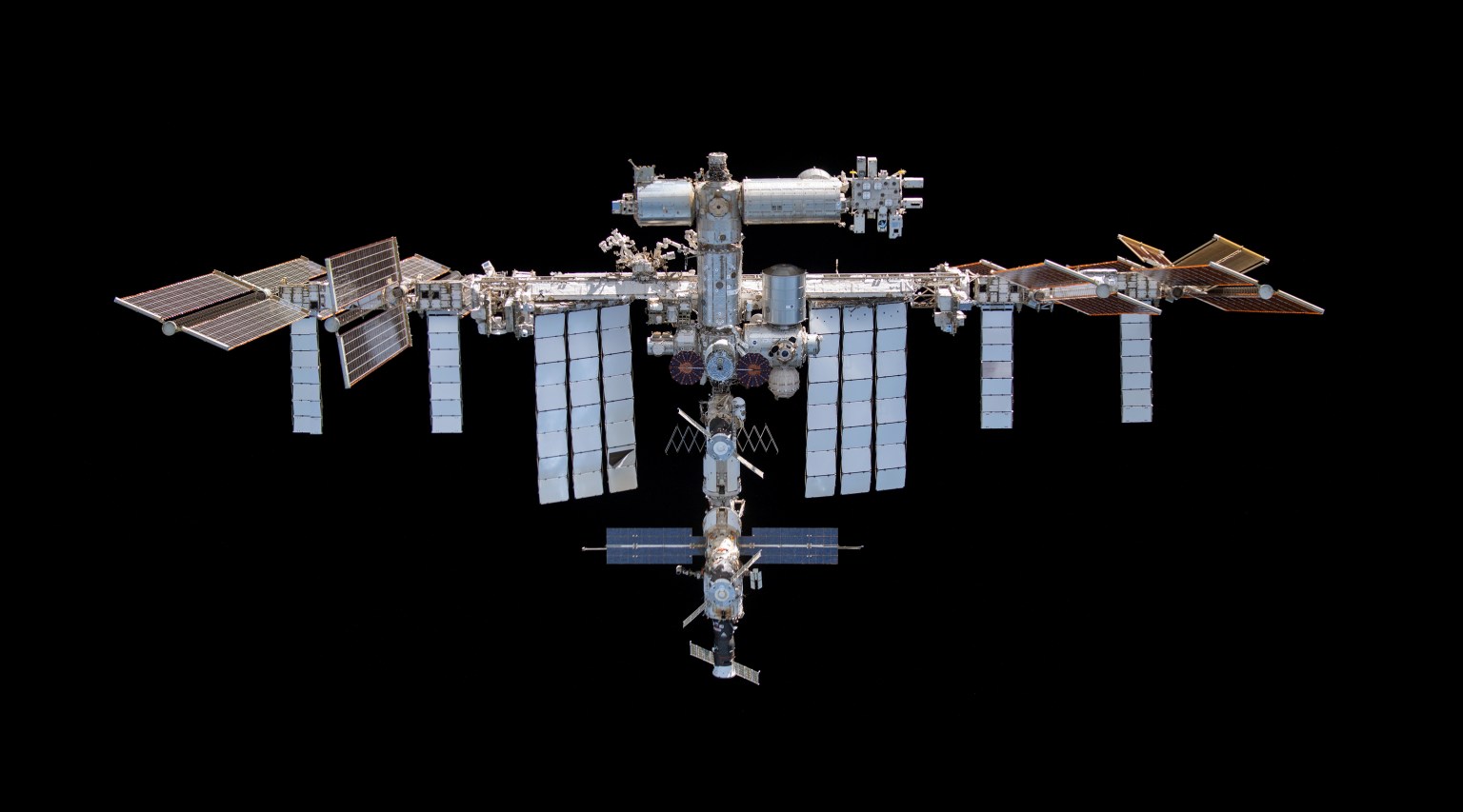Microorganisms and Spaceflight
Spaceflight poses a risk of adverse health effects due to the interactions between microorganisms, their hosts, and their environment. The JSC Microbiology team addresses the benefits and risks related to microorganisms, including infectious disease, allergens, environmental and food contamination, and the impacts of changes in environmental and human microbial ecology aboard spacecraft. The team includes certified medical technologists, environmental microbiologists, mycologists, and biosafety professionals.
The JSC Microbiology laboratory, a Biosafety Level 2 facility, is a critical component of the Human Health and Performance Directorate and is responsible for addressing crew health and environmental issues related to microbial infection, allergens, and contamination. This responsibility is achieved by operational monitoring and investigative research using classical microbiological, advanced molecular, and immunohistochemical techniques. This research has resulted in a significant number of presentations and peer-reviewed publications contributing to the field of Microbiology with articles in journals such as Infection and Immunity, Journal of Infectious Disease and Applied and Environmental Microbiology, Nature Reviews Microbiology, and Proceedings of the National Academies of Science.
Fun Fact: Microorganisms display unexpected responses when grown in the spaceflight environment compared to otherwise identically grown microbes on Earth.
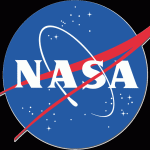
NASA
Keeping Crew-members Safe
As a functional part of the Crew Health Care System and in support of Environmental Control and Life Support Systems engineers, the Microbiology Laboratory team defines requirements, coordinates and analyzes microbial sampling, and analysis of air, surface, and water samples. These environmental samples, including preflight and in-flight samples, re-analyzed to ensure that microorganisms do not adversely affect crew health or system performance.
Microbiologists also serve as team members when anomalous events occur that might affect crew health or life support systems operations. Spaceflight food samples also are evaluated preflight to decrease the risk of infectious disease to the crew.
Technology and Hardware
- ABI DNA sequencer
- Illumina MiSeq desktop sequencer
- Oxford Nanopore Technologies MinION DNA / RNA sequencers
- Agilent Bioanalyzer
- VITEK 2 Microbial Identification
- Space analogue bioreactors
Biosafety Review Board
The mission of the Biosafety Review Board (BRB) is to identify, evaluate, control, and prevent biological hazards in conformance with NASA, federal, and international health and safety regulations. The BRB includes a team of microbiologists, cell biologists, physicians, industrial hygienists, and occupational health professionals to assess the wide range of biohazardous materials encountered. Biohazardous materials may consist of bacteria, fungi, viruses, protozoa, cell cultures, and other infectious agents. All biological payloads are assessed, and biohazardous materials identified are assigned a NASA biosafety level. Additional functions of the BRB include evaluating ground-based experiments using biohazardous materials, maintaining a current inventory of biohazardous materials stored at JSC facilities, and conducting an annual inspection of JSC facilities using biohazardous materials.
For more information, contact JSC-Microbrb@mail.nasa.gov
Points of Contact
Mark Ott, PhD
Sarah Wallace, PhD
Hang Nguyen, PhD
William Wallace, PhD

